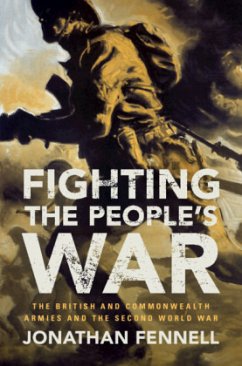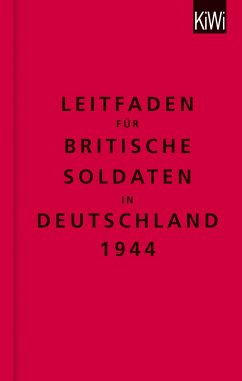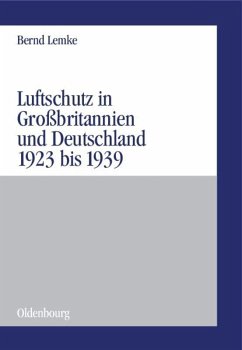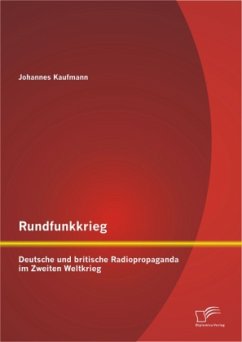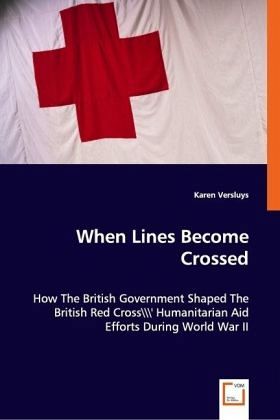
When Lines Become Crossed
How The British Government Shaped The British Red Cross\\\' Humanitarian Aid Efforts During World War II
Versandkostenfrei!
Versandfertig in 6-10 Tagen
39,99 €
inkl. MwSt.

PAYBACK Punkte
20 °P sammeln!
Publications of the British Red Cross (BRC) Society suggest that it operated as a non-governmental organization during World War II. But unpublished primary documents indicate that the organizational structure of the BRC changed during the war. Rather than performing an NGO role, the BRC became an agent of the British government, taking over many of its responsibilities and acting on its behalf in foreign nations. Using financial contributions, travel restrictions, security measures and government agents as a means of controlling the Society\'s behavior, the British government ensured that the...
Publications of the British Red Cross (BRC) Society suggest that it operated as a non-governmental organization during World War II. But unpublished primary documents indicate that the organizational structure of the BRC changed during the war. Rather than performing an NGO role, the BRC became an agent of the British government, taking over many of its responsibilities and acting on its behalf in foreign nations. Using financial contributions, travel restrictions, security measures and government agents as a means of controlling the Society\'s behavior, the British government ensured that the BRC gave priority to the needs of the government over humanitarian concerns. The circumstances of World War II caused the British government to realize the value of the BRC, and to establish control over it by making it a quasi-government department.



